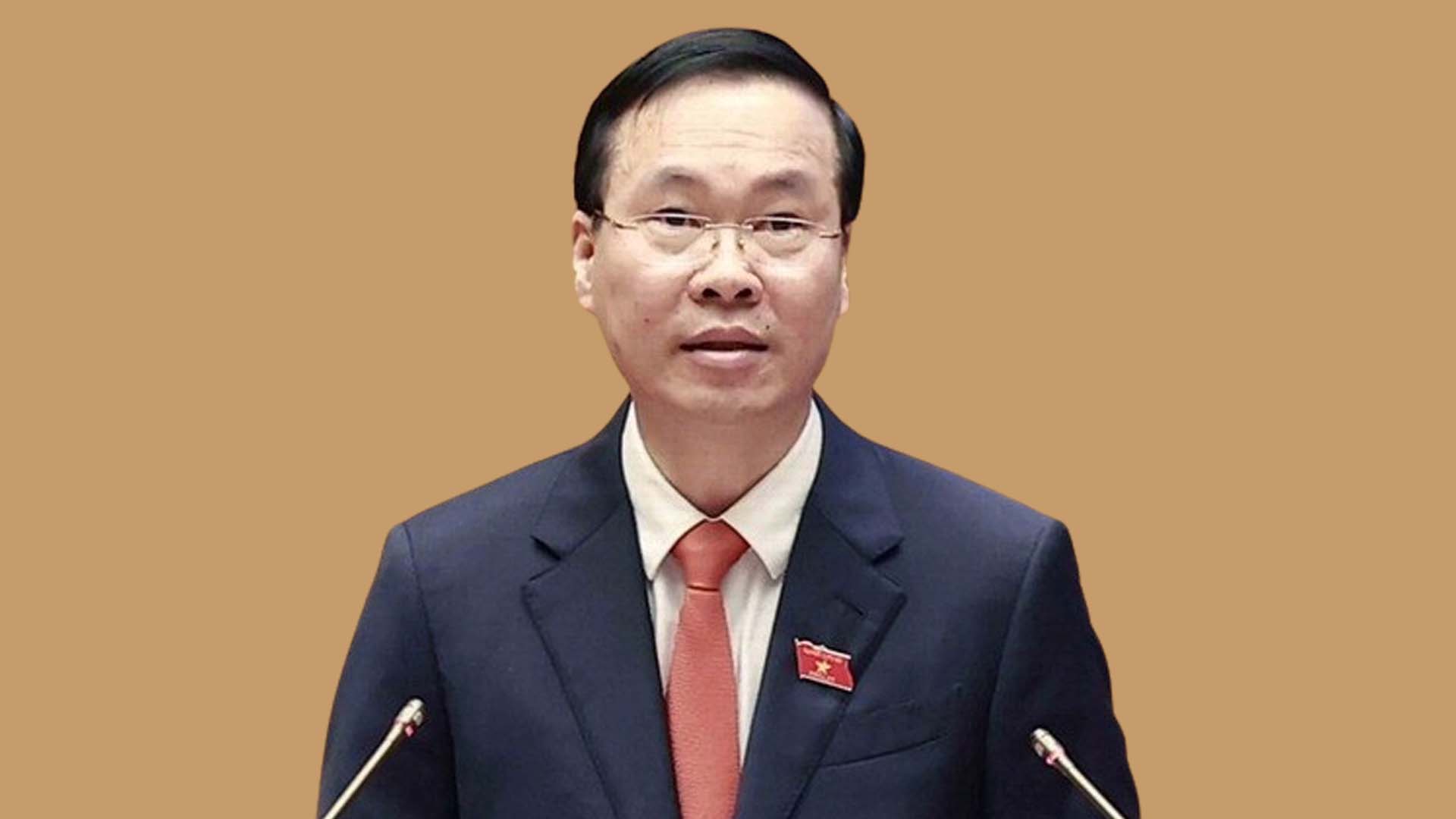

 Vietnamese President Resigned Due to Allegations of Misconduct
Vietnamese President Resigned Due to Allegations of Misconduct
Vietnamese President Vo Van Thung has tendered his resignation after serving just one year in office, as reported by CNN. The Vietnamese Communist Party confirmed the acceptance of his resignation on Wednesday.
In an official statement, the Communist Party cited violations of party policy by Thung, leading to adverse effects on public perception and tarnishing both the reputation of the party and the nation. However, the specifics of Thung’s transgressions were not disclosed in the statement, though it is widely speculated to be linked to the recent anti-corruption drive in the country.
Allegations surfaced against Thung dating back a decade when he held a provincial leadership role within the Communist Party, accusing him of accepting bribes. Reports suggest he feared potential repercussions amid the ongoing anti-corruption crackdown. While labeled as an anti-corruption initiative, many believe the campaign stems from internal party conflicts rather than solely targeting corruption.
In Vietnam’s single-party system, the presidency holds a ceremonial role, being one of the top four positions in the country. Final decisions regarding party affairs and governance lie with the Central Party Committee, the governing body of the Communist Party.